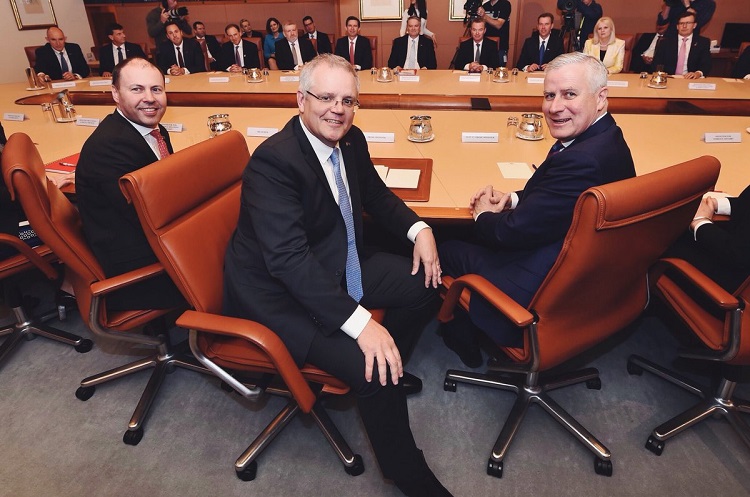The prime minister’s announcement that Australia will consider moving its embassy to Jerusalem, and also review our stance on the Iran nuclear deal is prudent, wise and in our national interest.
It makes sense to move the Australian embassy to Jerusalem, first and foremost because it recognises the reality that Israel established Jerusalem as its capital in 1950, with West Jerusalem the location of its parliament, its supreme court and government agencies. Like every other country, Israel has the absolute right to choose its own capital on its own territory.
Moreover, there’s no real reason to believe recognising Jerusalem, especially West Jerusalem, as Israel’s capital would damage prospects for a negotiated two-state solution between Israelis and Palestinians, with East Jerusalem as the capital of a Palestinian state.
West Jerusalem has been sovereign Israeli territory since 1948. It’s only East Jerusalem, captured by Israel in the 1967 Six Day War, that remains in contention for potential allocation to the Palestinians in a two-state outcome.
The traditional reluctance of nations to recognise Jerusalem as Israel’s capital is not about the 1967 war or East Jerusalem. It rather stems from an obsolete element of the UN partition resolution of 1947, which called for the mandated territory of Palestine to be divided into Jewish and Arab states, with Jerusalem and Bethlehem as an ‘international city’ under UN control. This idea never eventuated and is advocated by no one today.
Yet misplaced fears and inertia have kept this obsolete policy of not recognising Israeli control of West Jerusalem in place for seven decades amid claims any change would damage the peace process and generate a violent reaction from Arab or Muslim nations.
Today, no one doubts that any negotiated two-state peace agreement would see Jerusalem remain as Israel’s capital—even though there effectively is no peace process at the moment.
Read the article by Dr Colin Rubinstein on The Strategist.

